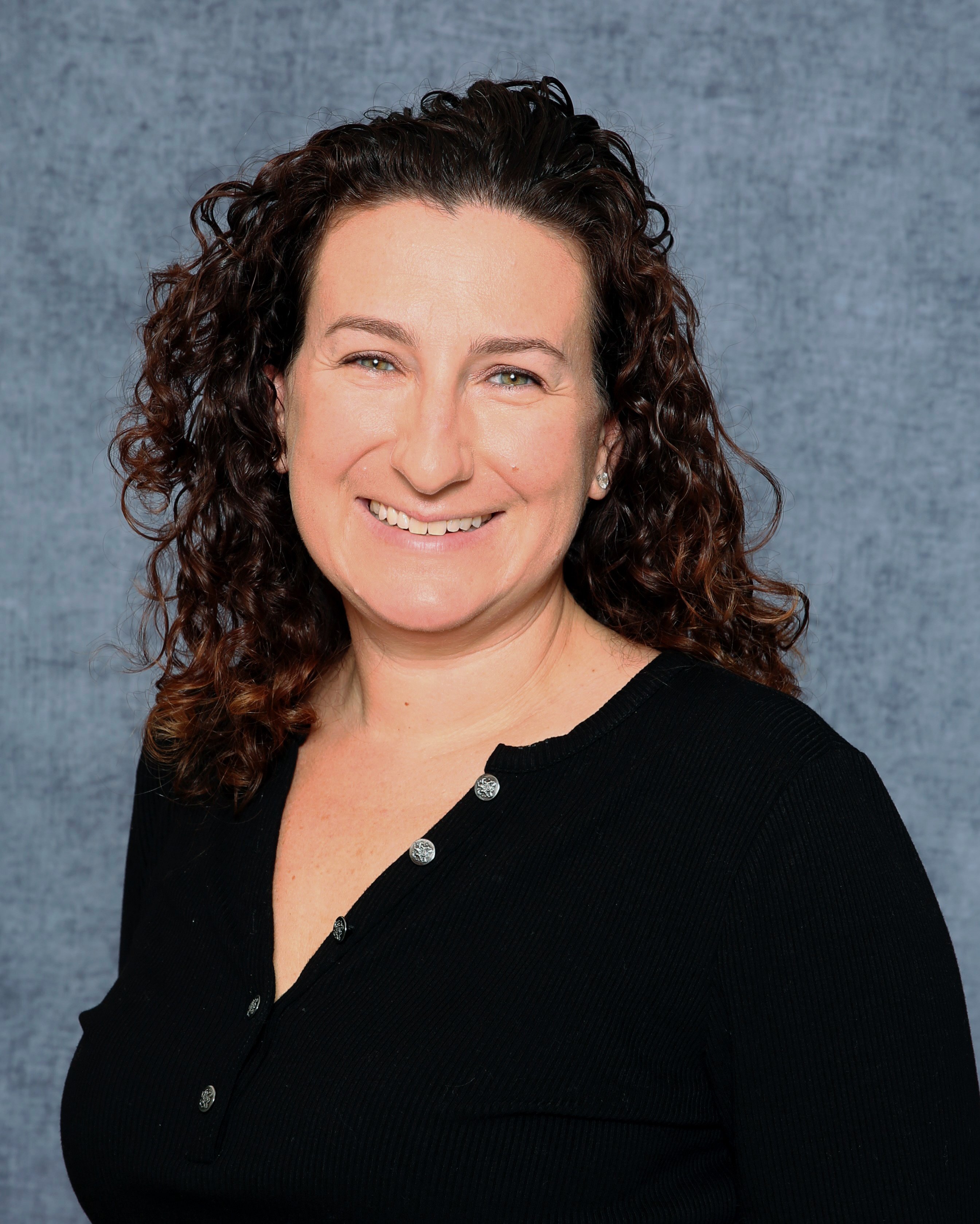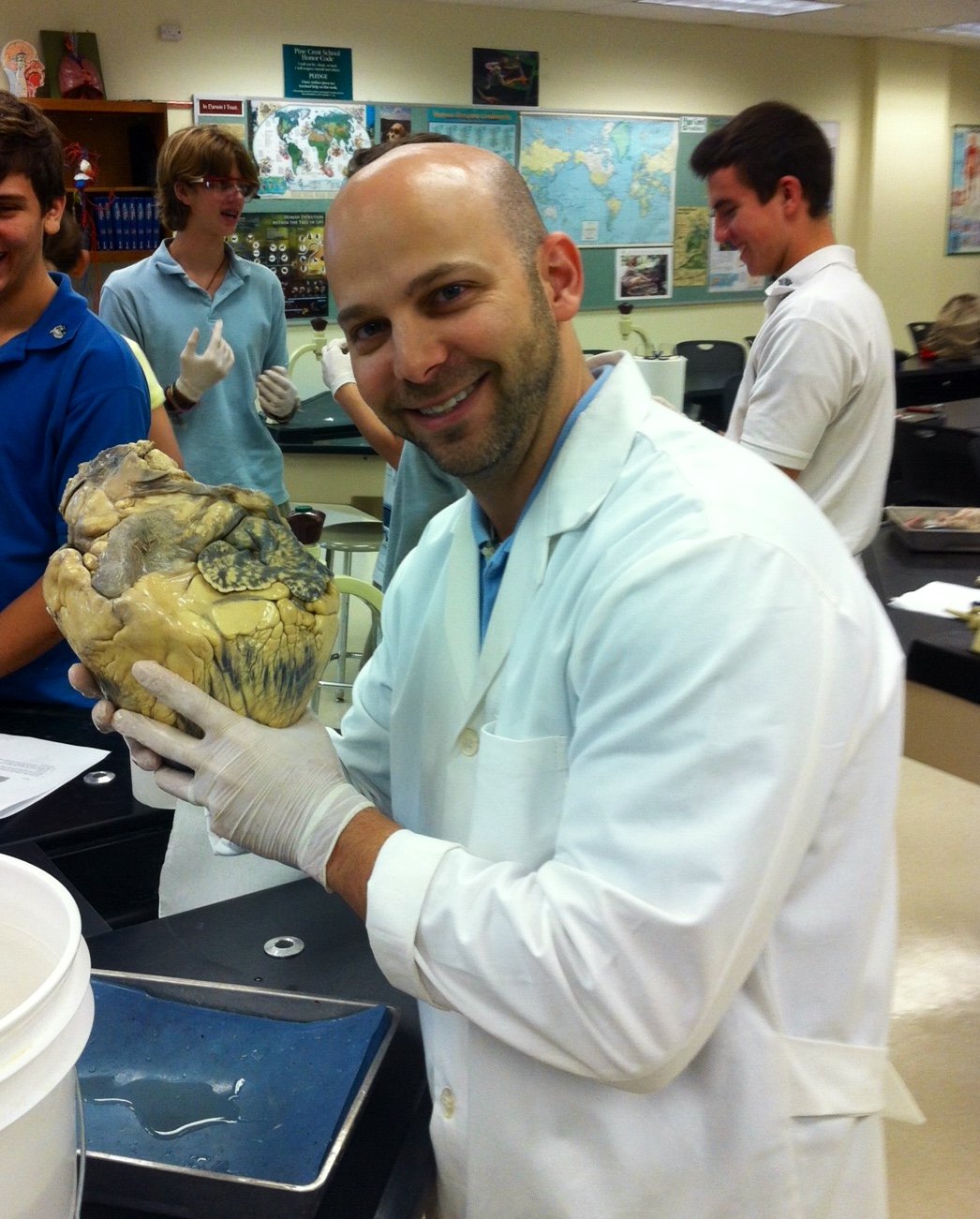For 25 years, the Pine Crest Science Research Program has empowered students to think boldly, ask meaningful questions and contribute new knowledge to the world. What began in 2000 as an innovative idea in the Science and Technology Building has become one of Pine Crest’s most influential and future-shaping academic experiences, guiding hundreds of students to pursue research with passion, rigor and purpose.
Celebrating 25 Years of the Pine Crest Science Research Program
Topics: Alumni Newsletter, Upper School, Student Life, Alumni, Middle School, Academics, Science, 2025
Telling the Story of the Future: Sixth Graders Explore the Jobs of Tomorrow
When the Boca Raton sixth grade team set out to create a signature experience for their students this year, they knew they wanted something bold—something that would reflect the future-forward spirit of the curriculum and the school’s commitment to innovation.
Topics: Innovation, Middle School, Academics, The Magazine, 2025
Narratives that Connect: Entrepreneurs Shape the World Through Storytelling
Abstract? Sometimes. Disruptive? Possibly. Innovative? Always. The entrepreneurial mindset at Pine Crest School takes on many forms and is woven throughout the Lower, Middle and Upper School curricula. Five years ago, Mrs. Keri Kolettis, Vice President of Global Innovation and Entrepreneurship, developed the three-year social entrepreneurship program offered in Upper School. Mrs. Kolettis works closely with Divisional leadership to incorporate entrepreneurial learning opportunities in all grade levels.
“Our goal is that we see entrepreneurship in every class,” said Mrs. Kolettis. “The delivery and methods of this content will vary but the fundamental learning of how to be resilient, creative, collaborative and enterprising will remain the same.”
Topics: Upper School, Academics, Entrepreneurship, The Magazine, 2025
Fueling the Future: How Global Learning is Transforming Pine Crest Classrooms
Topics: Innovation, Faculty, Design Thinking, Academics, Giving, The Magazine, 2025
Pine Crest School Welcomes Global Entrepreneurs
Abstract? Sometimes. Disruptive? Possibly. Innovative? Always. The entrepreneurial mindset at Pine Crest School takes on many forms and is woven throughout the Lower, Middle and Upper School curricula. Five years ago, Mrs. Keri Kolettis, Vice President of Global Innovation and Entrepreneurship, developed the three-year social entrepreneurship program offered in Upper School. Mrs. Kolettis works closely with Divisional leadership to incorporate entrepreneurial learning opportunities in all grade levels.
Topics: Upper School, Academics, 2024
Pine Crest School Faculty Engage in Specialized VR Training
Over the summer, Pine Crest School faculty had the opportunity to participate in specialized professional development workshops in virtual reality (VR).
Topics: Upper School, Student Life, Academics, Science, The Magazine, 2024
Middle School Teacher David Walters ’02 Makes Learning Fun
As he headed to college, Pine Crest School lifer Mr. David Walters ’02 never thought he was going to be a teacher!
Topics: Athletics, Alumni, Faculty, Middle School, Academics, 2024
Over the last five years, Pine Crest Upper School students with an interest in entrepreneurship have had the opportunity to apply for the three-year social entrepreneurship program.
Topics: Innovation, Upper School, Academics, Student Leadership, Entrepreneurship, The Magazine, 2024
Meet Priya Ghanta ’24: Biology Researcher and Future Physician
Pine Crest Upper School student Priya Ghanta ’24 has devoted the last four years to scientific research and music.
Topics: Upper School, Student Life, Fine Arts, Academics, Student Leadership, Science, 2024
Emerging Leadership In Pine Crest Middle School
At Pine Crest Middle School, eighth grade students are offered a unique course option centered around emergent leadership. This course aims to nurture emergent leadership abilities, with a particular focus on developing skills essential to becoming entrepreneurs and leaders. Students will learn valuable skills such as collaboration, the art of public speaking, resiliency, and adaptability which are critical for their development as future leaders.
Topics: Middle School, Academics, Pine Crest School, Student Leadership, The Magazine, 2024, emergent leadership
Glen Pierson ’23H Retires from Pine Crest after 29 Years of Service
Glen Pierson ’23H, Assistant Head of Upper School and Dean of Students will retire this summer from Pine Crest School after 29 years. GP, as he is affectionately known by the students, began his career at Pine Crest in the Upper School science department as a chemistry teacher, although teaching was not always on Mr. Pierson’s radar.
Topics: Upper School, Athletics, Alumni, Faculty, Academics, 2023
Pine Crest Upper School Students Participate in Global Problem-Solving Institute Pilot Program
By: Elani Kodner ’24
Fifteen (15) members from Pine Crest Upper School’s second-year social entrepreneurship program were invited to participate in the Global Problem-Solving Institute (GPSI) pilot program. The GPSI is a virtual innovation laboratory where high school students from across the globe collaborate to solve some of the world’s most challenging and complex problems.
The pilot program was offered to three schools from the United States and one each from South Korea, Japan, Turkey, India, and Kazakhstan. Students had the opportunity to work on solutions for one of two societal issues: Disabling Non-Communicable Diseases or Food Fixes and the Climate Crisis. During the 12-week program, students gained knowledge in existing subject areas by exploring methodologies of environmental science, economics, and the psychology of persuasion to analyze the problems and formulate solutions. Students worked individually and collaboratively with peer schools and university professors worldwide using the design thinking methodology.
“Working with an international cohort of the GPSI has exposed us all to perspectives from diverse cultures,” said Troy Noesser ’24. “Having the opportunity to study disease prevalence and mitigation with international students allowed us to explore ideas and solutions that fit within a global context.”
Students in the Disabling Disease track worked with Dr. David Gatchel, Clinical Professor of Biomedical Engineering and Mechanical Engineering. Dr. Gatchel also serves as Director of the Manufacturing and Design Engineering (MaDE) program at Segal Design Institute, inside the McCormick School of Engineering at Northwestern University. Under his guidance, students mapped the biological, cultural, and behavioral factors contributing to the prevalence of noncommunicable and chronic diseases like cardiovascular illness, cancer, chronic respiratory pathophysiology, and diabetes. Students spent 12 weeks utilizing design thinking principles to develop a deeper understanding of core concepts in medical anthropology, psychology, neuroscience, and biomedical engineering to generate proposals to reduce the incidence of preventable diseases.
“Working within an international cohort pushed me to view global issues through a cross-cultural lens,” said Gabrielle Frei ’24. “Through the sessions, we researched medical recommendations from around the world to create a curriculum that educates young students about the dangers of antibiotic resistance. We encompassed various biases from different cultural and psychological frameworks in order to address global perspectives regarding the use of antibiotics.”
Students on the Food and Climate track worked alongside Dr. Leshui He, Associate Professor of Economics at Bates College. Together, they worked to map the food supply system and identify critical factors contributing to the problem. Their goal was to look at ways to alter consumption habits, reduce waste, and improve equitable access to food in an environmentally sustainable way.
They presented their research to industry leaders within the fields of economics, political science, and environmental science.
“I was able to deepen my understanding of climate change by analyzing the intersection between long-term shifts in temperature and weather patterns and food waste,” said Gimani Rose ’24. “Using an entrepreneurial mindset allowed me to better understand all stakeholder needs to propose innovative solutions to the problem of food waste.”
Although the pilot has ended, students can continue their research with professors and the global cohort. Several of them have visited Dr. Gatchell at Northwestern to learn more about biomechanical engineering and his innovation lab. The incoming juniors will begin a new program cohort in January 2024, including students from Ethiopia, Zimbabwe, and El Salvador.
Topics: Upper School, Design Thinking, Academics, Student Leadership, Entrepreneurship, Future Ready, 2023
Topics: Upper School, Faculty, Academics
Five Tips and Tricks For Your Freshman Year at Pine Crest School
Topics: Upper School, Student Life, Admission, Academics, Student Leadership
Outdoor Learning at Pine Crest School: A Fresh Approach
Outdoor learning is expanding on Pine Crest School’s Boca Raton and Fort Lauderdale campuses allowing students and faculty to enjoy the countless benefits and lasting impact of outdoor education and play.
Topics: Lower School, Innovation, Academics, Science, STEM, 2022, outdoor learning
Mrs. Janice Reich: A Teaching Career in Service and Gratitude
Mrs. Janice Reich may not have taken a traditional path into teaching third grade on Pine Crest’s Boca Raton campus, but it is one that is unique and marked by true dedication and service. Born, raised, and educated in Philadelphia, Pennsylvania, Mrs. Reich attended Temple University where she majored in accounting as an undergraduate.
Topics: Lower School, Faculty, Academics, 2022
Transforming Tomorrow: Pine Crest Moves Forward with Strategic Renovation and Construction Projects
In 2019, Pine Crest faculty, staff, and administrators created and finalized the School’s strategic plan to be executed over the course of the following five years under the leadership of President Dr. Dana Markham ’18H.
Topics: Innovation, Student Life, Fine Arts, Middle School, Academics, Robotics, Giving, Pine Crest Fund, Computer Science, STEM, Future Ready, 2022
From the Newsroom to Classroom: Mrs. Jaimee Rashbaum
Topics: Upper School, Faculty, Academics, Digital Media Production, Social and Emotional Learning, 2022
A Conversation with Pine Crest Upper School Science Instructor Mr. Andrew Schwartz
By: Spencer Davimos ’22
Mr. Andrew Schwartz has been a member of the Pine Crest Upper School Science Department since 2007. Originally from Philadelphia, Pennsylvania, Mr. Schwartz had not considered a career in education until serving as a teacher’s aid as a graduate student. Now, after 20 years of teaching, Mr. Schwartz can’t imagine doing anything else!
I sat down with Mr. Schwartz to learn more about his teaching career and what he loves about being an educator at Pine Crest.
Spencer Davimos ’22 (SD): Did you always want to be an educator? Did you have a career doing something different before you started teaching?
Andrew Schwartz (AS): I never really thought about teaching until I spent time as a teacher’s aid in graduate school teaching a zoology lab. I was struck with how rewarding it was to help students learn the biological concepts I found so interesting. After three years of doing research for my master's degree, I realized I didn't have it in me for another four years of field and lab work to get my doctoral degree. When I moved to South Florida, I needed a job and took a position teaching seventh grade science. This was quite an adjustment and much different than teaching college students. I found this experience very challenging, and immediately I knew that if I was going to continue my teaching career, it needed to be with older, more independent students.
SD: What brought you to Pine Crest and how long have you been teaching here?
AS: After my first teaching job, I moved to another local school where I taught high school biology. I stayed there for four years honing my craft and gaining valuable experience in the classroom. During that time, I was working at Pine Crest Summer Camp waiting for an opportunity to join the Pine Crest faculty. That opportunity came in 2007 and I jumped at it. The rest is history.
SD: Have you always enjoyed the sciences? What drew you to teaching biology as opposed to the other sciences?
AS: It has always been biology for me. Going back as long as I can remember, I've been fascinated with the natural world. In my elementary school yearbook, I wrote that I wanted to be an underwater shark scientist. I never thought about teaching biology but I knew that biology had to be part of my life. I entered college as a pre-veterinary student but quickly realized that medicine wasn't for me. I enjoyed learning and doing research, but I just wasn't into medicine. I minored in chemistry and after graduating from college, I thought about working in a lab. I ultimately went to graduate school to earn a masters degree in biology.
SD: What do you love about science and biology in particular?
AS: Science, especially biology, is amazing! Learning about how the universe works (physics, chemistry, biology) fascinates me. The quest for knowledge is never-ending; answers to questions only beget more questions. There is so much still to discover about the natural world and how organisms function, and I love that I get to be part of this discovery.
SD: What do you enjoy most about teaching high school students?
AS: High school students are the perfect blend of child and adult. Pine Crest Upper School students, in particular, are well-read, well-traveled, and quite interesting. You can have an intelligent conversation with them about everything from sports and current affairs to genetic engineering and astronomy.
SD: What has been one of the highlights of teaching at Pine Crest?
AS: I can't pinpoint one specific highlight, but working at Pine Crest has given me the freedom to grow as an educator and scientist that I'm sure I wouldn't have had at another school. We have so much autonomy in the classroom, support from administration and parents, and almost unlimited access to resources. Coupling that with smart, dedicated colleagues makes coming to work such a rewarding process. So many people are miserable in their jobs, hate getting up in the morning, and are just going through the motions. Since I started teaching at Pine Crest, I've never felt that way, and I'm so thankful for that.
SD: What are your hobbies beyond teaching in the classroom?
AS: I like going to the gym, riding my bike, and running. Fitness and health are very important to me. I love fantasy football and all things Philadelphia. I enjoy cooking and reading “nerdy” science books.
SD: What would students be surprised to learn about you?
AS: I wrestled and did gymnastics as a kid (through high school) and can probably still do a couple tricks if my old body would let me.
SD: Do you sponsor any clubs at Pine Crest? What do you like about working with students in this capacity?
AS: I was asked this year to sponsor the Middle Eastern Heritage Club. Not sure how I fit in, but I am happy to help in any way I can. I was also the sophomore class sponsor for years. As I said previously, our students are great, and being able to interact with them in different capacities (club sponsor, coach, etc.) helps to build strong relationships that are important to them and to me.
SD: What is the most gratifying part about being a teacher? What has been your proudest moment?
AS: The most gratifying part about being a teacher is knowing that you are contributing something positive to society. Seeing the wonderful things our students accomplish in college and beyond and knowing that you've had a part in it, even if it was a very minor part, is extremely fulfilling.
Upper School Science Instructors Megan O'Brien, Andrew Schwartz, and Michelle Santarelli ’89
Topics: Upper School, Faculty, Academics, Science, 2022
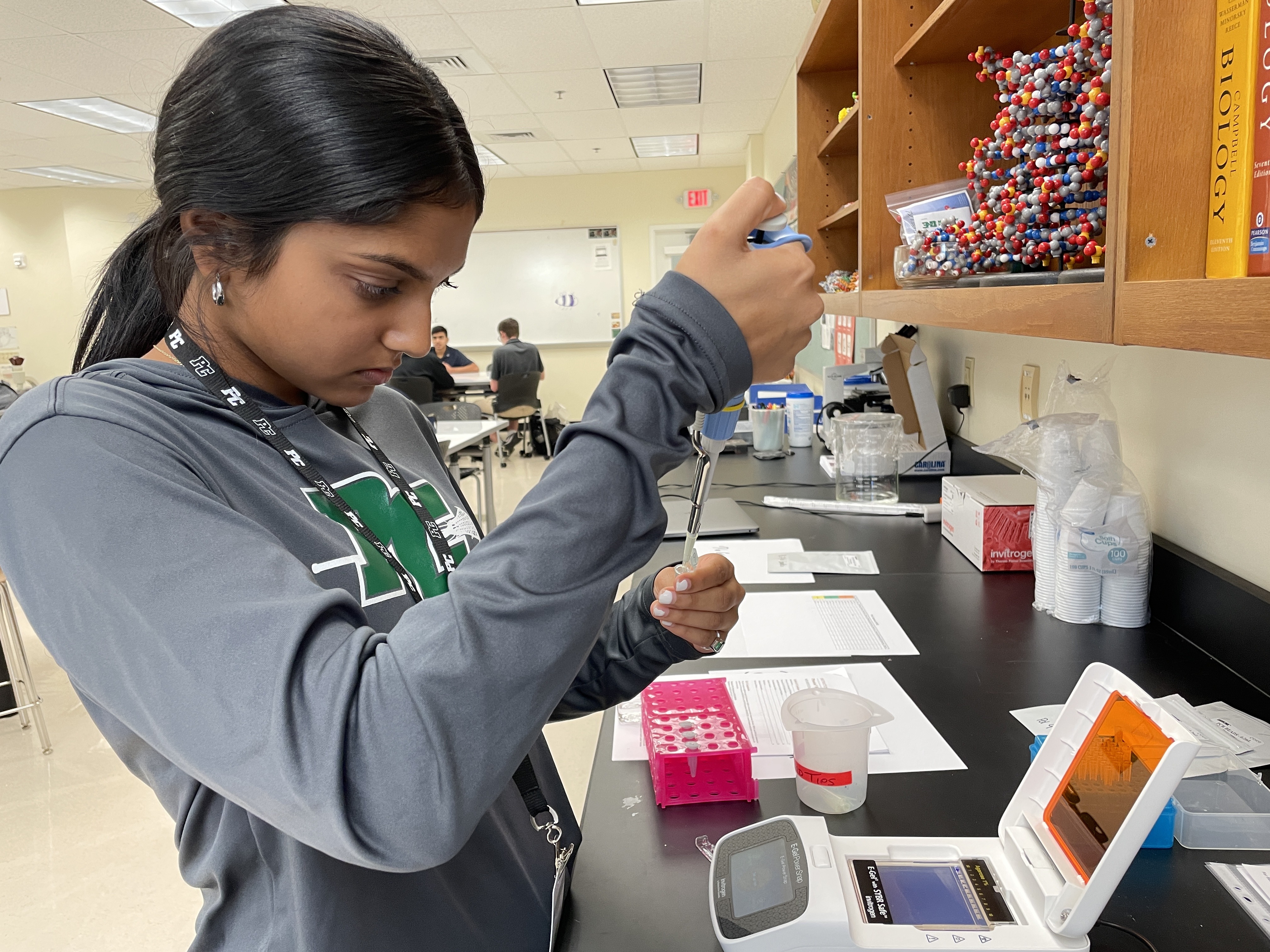
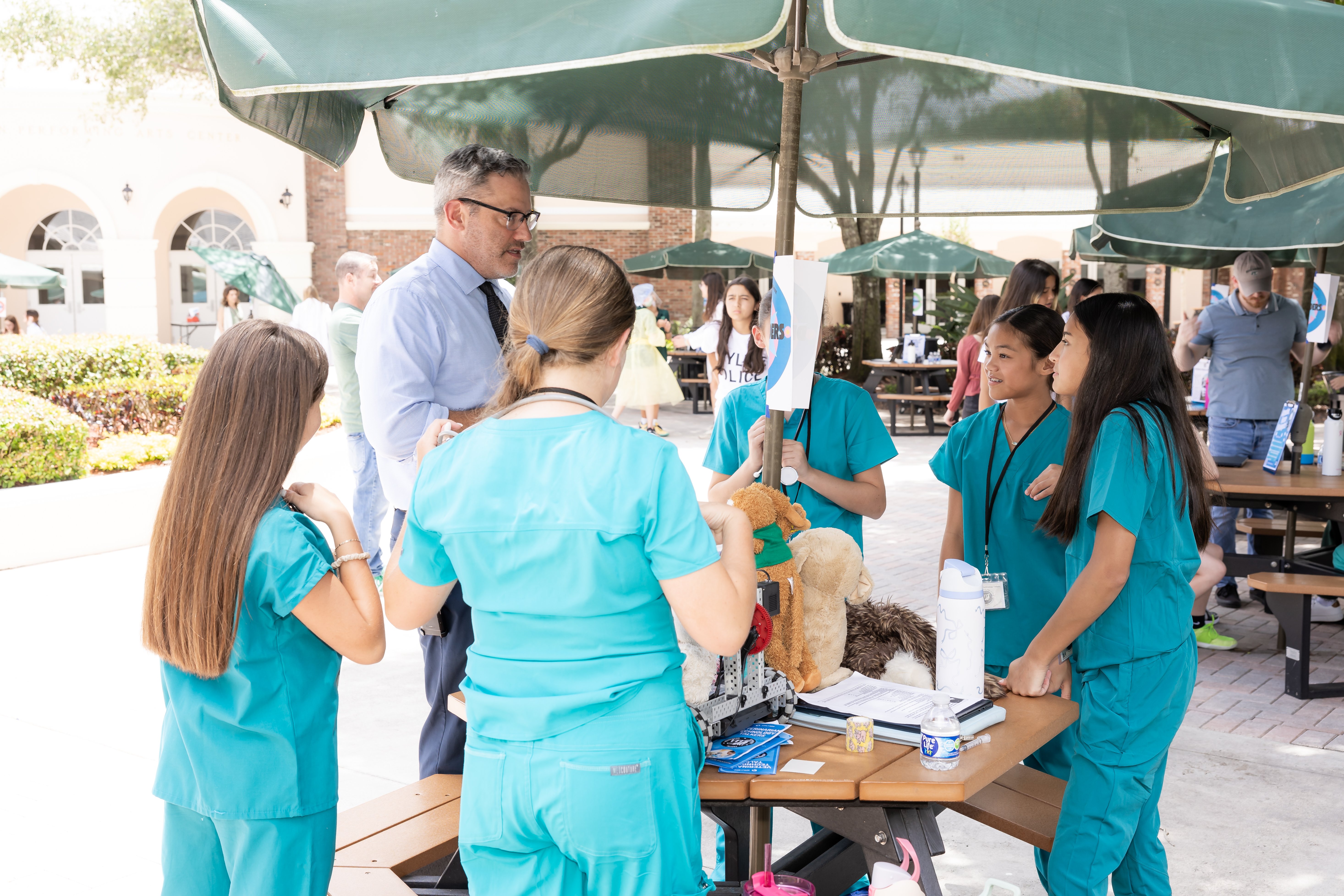
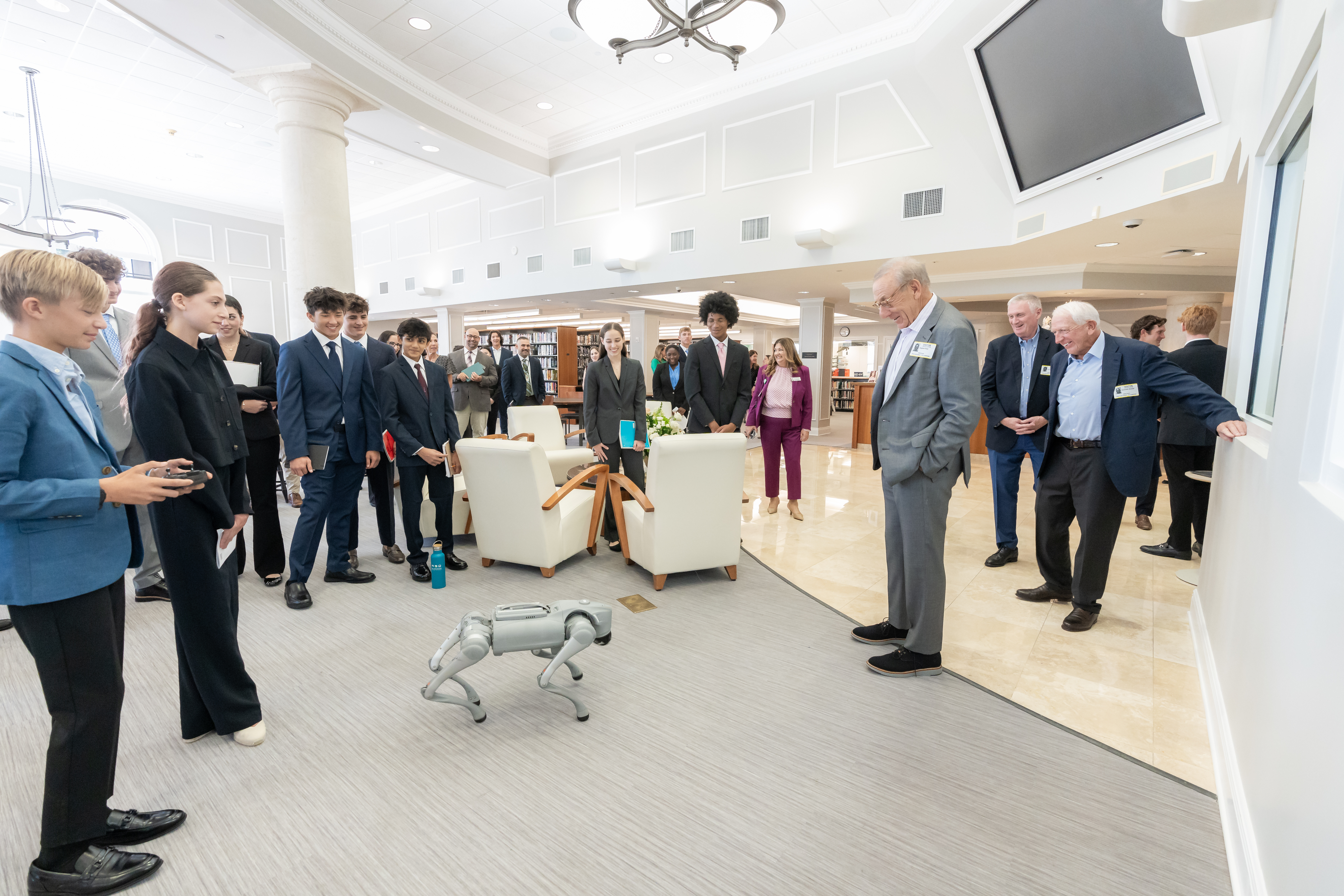

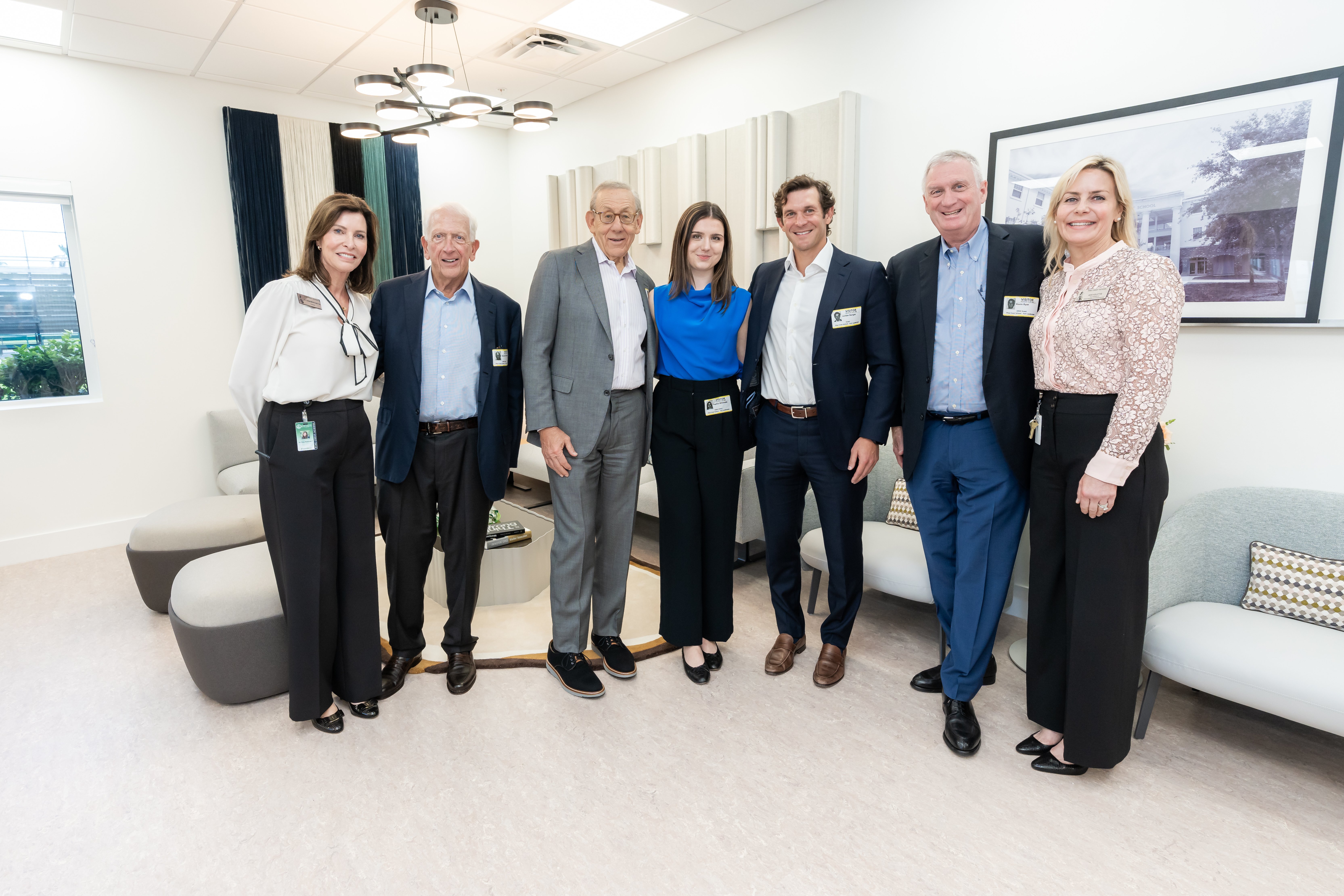
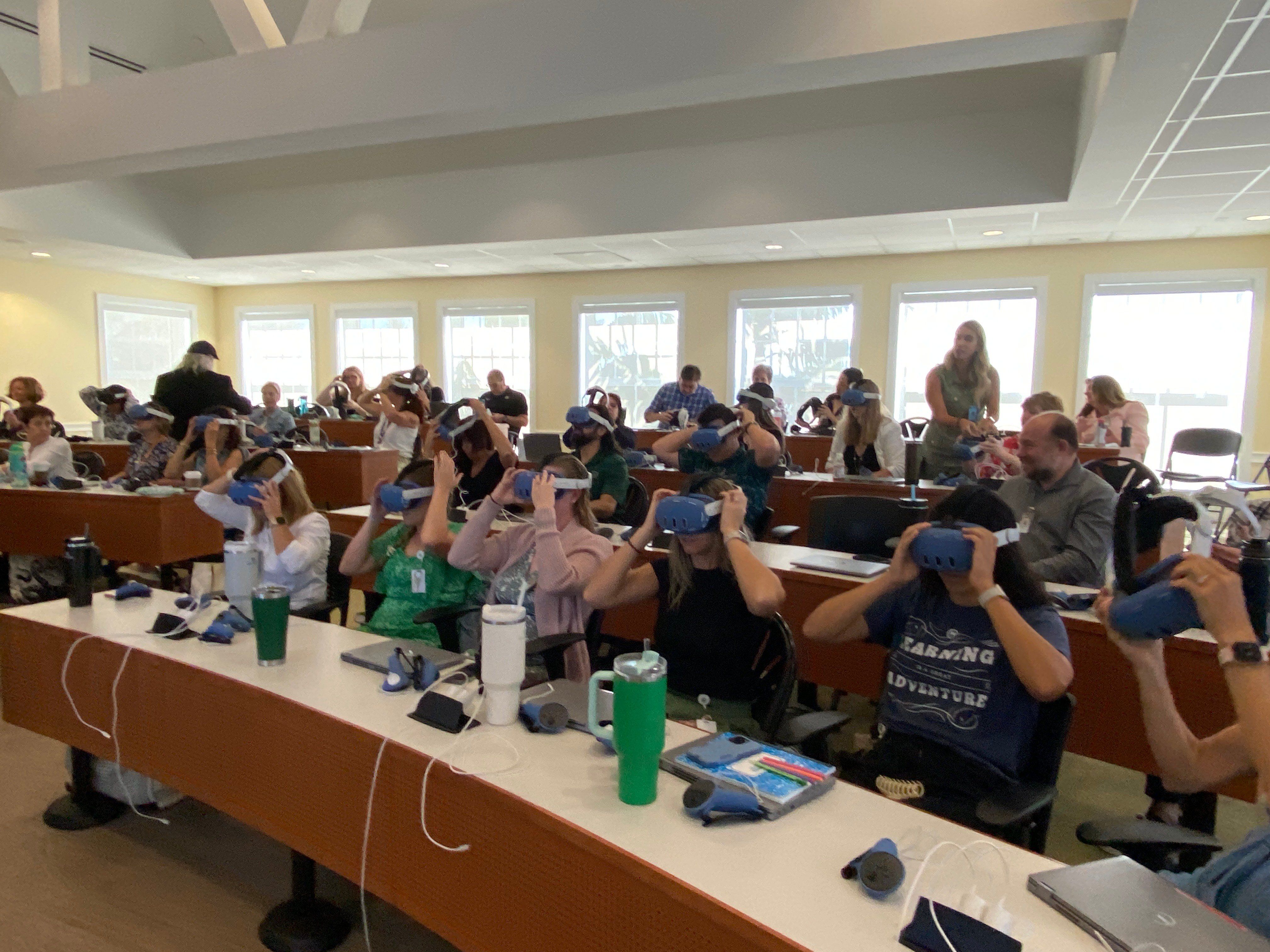
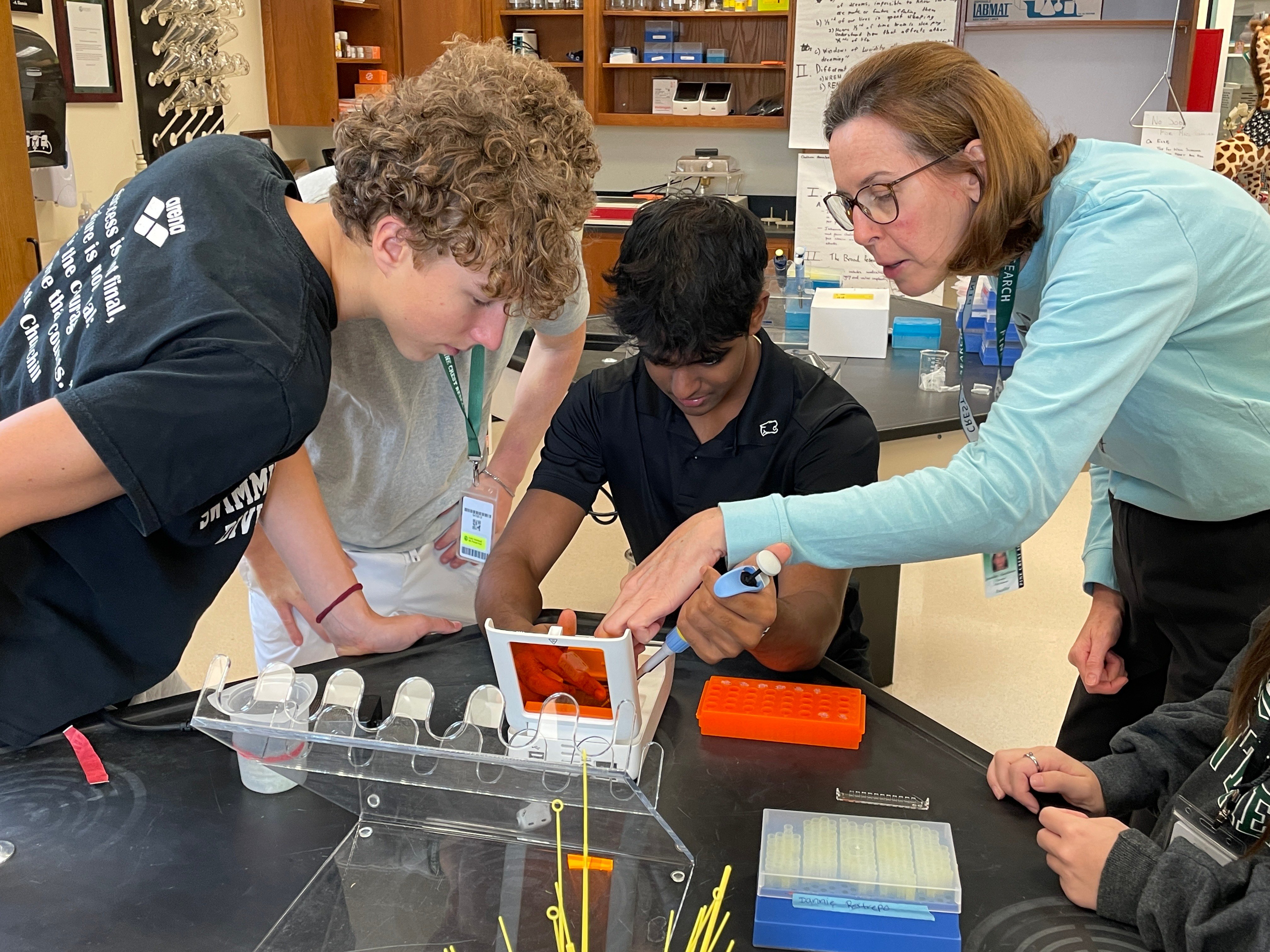
.jpg)
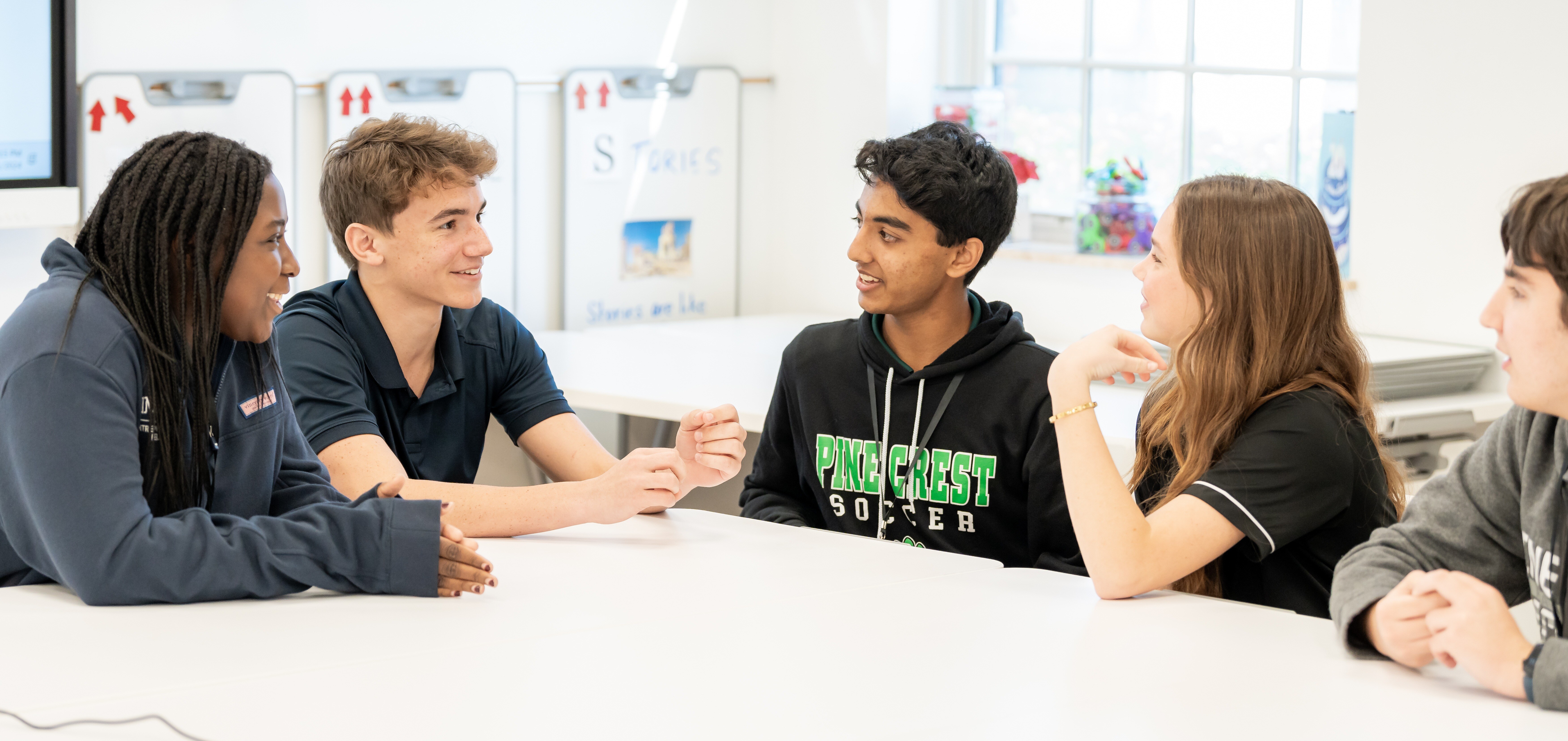
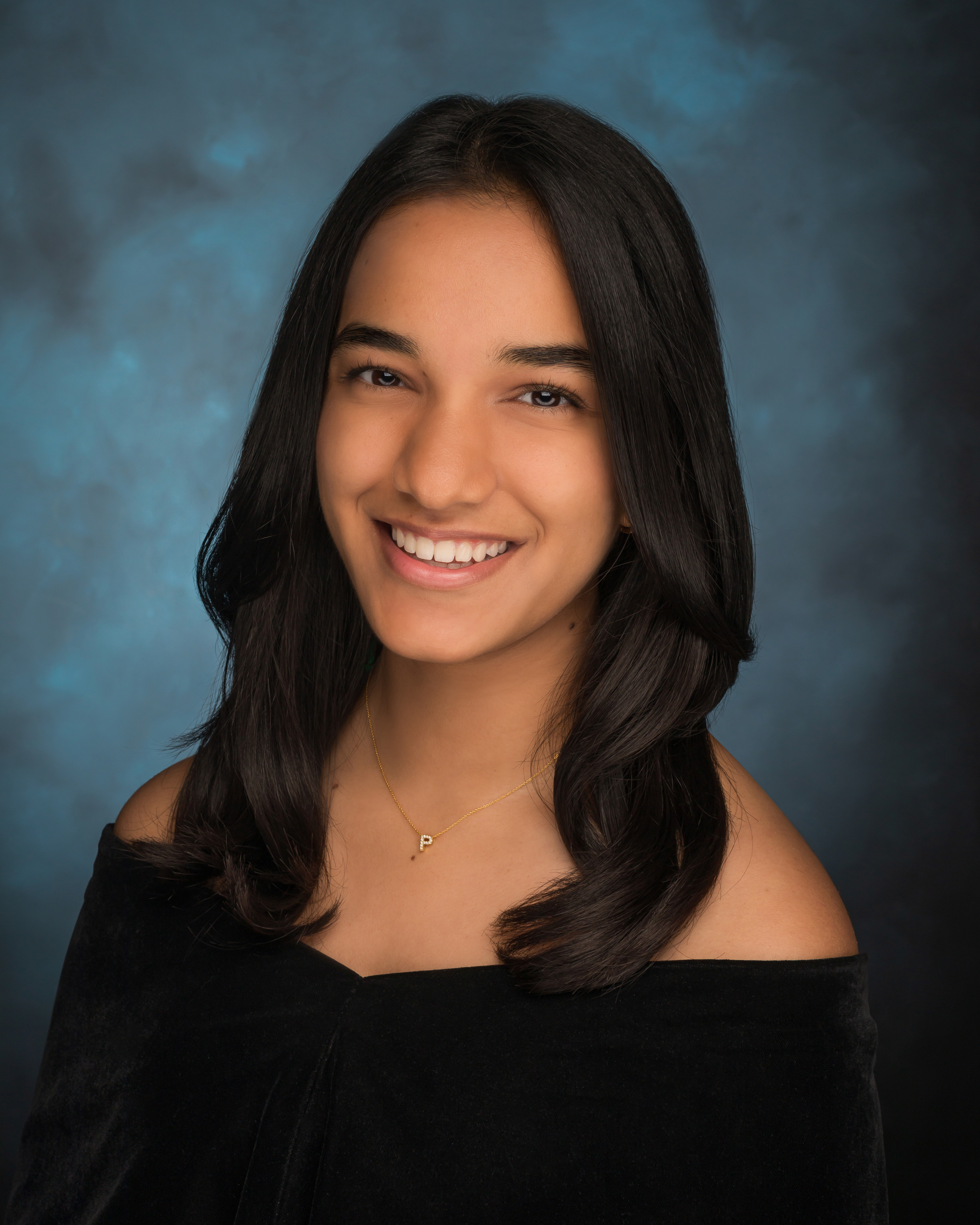
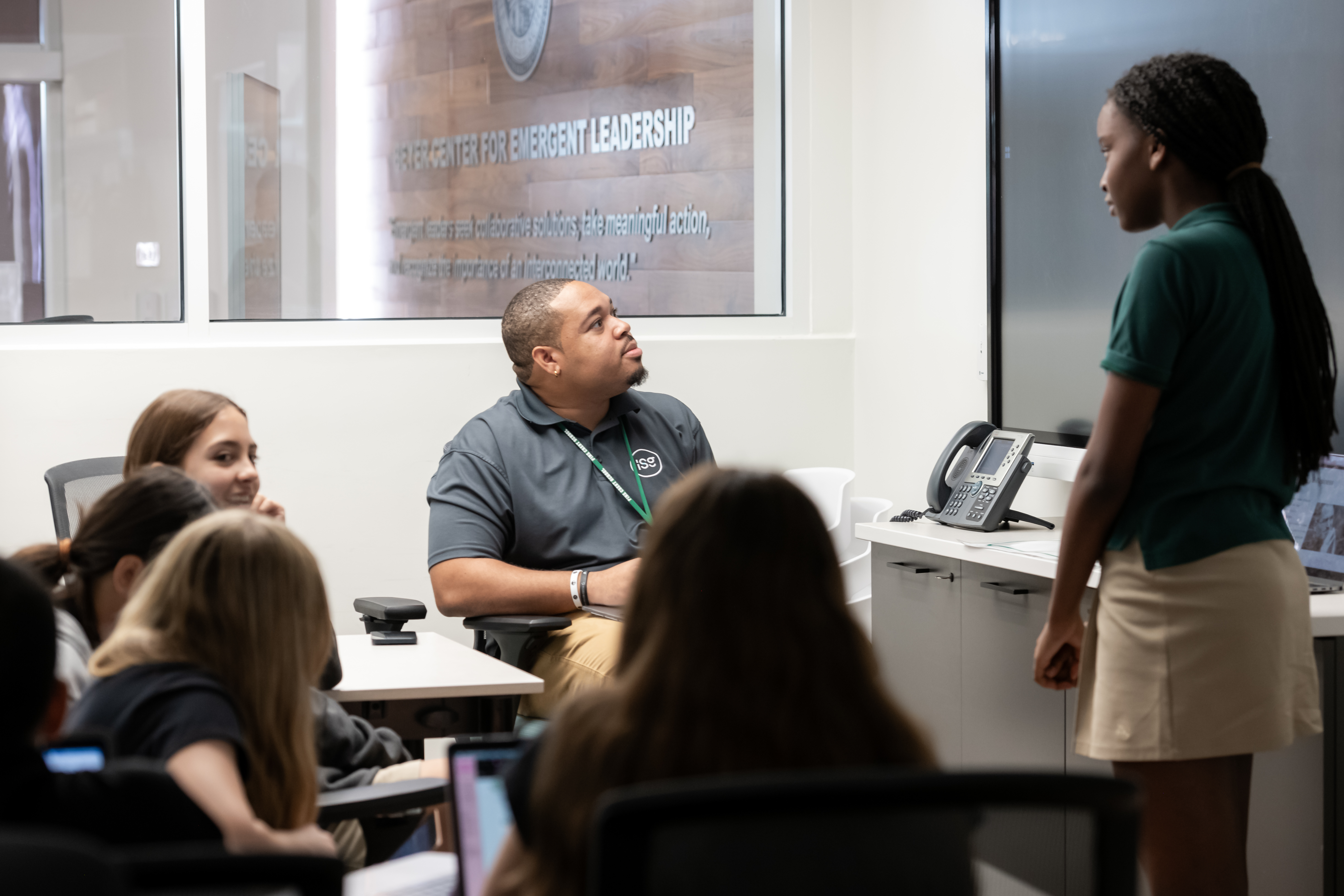
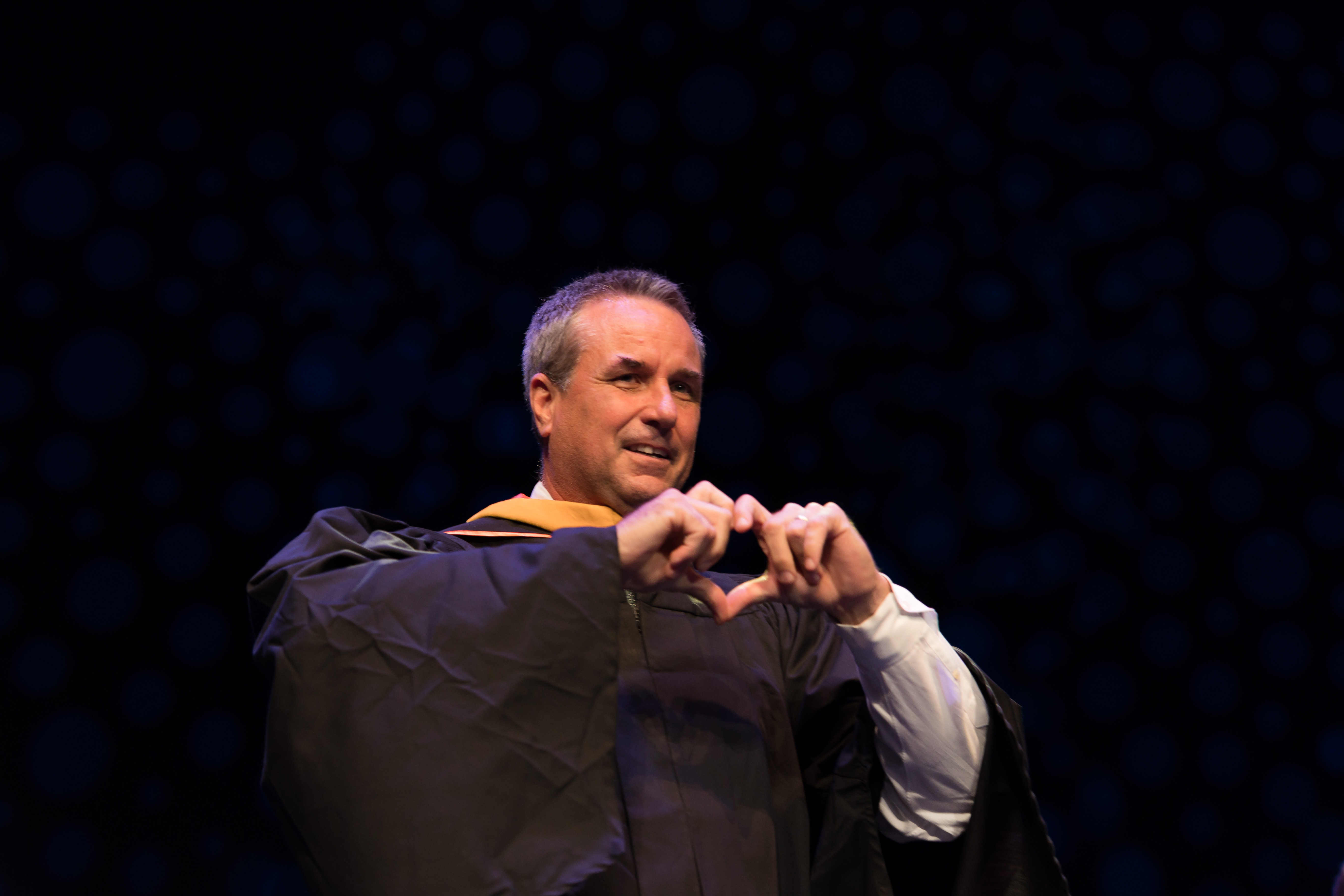
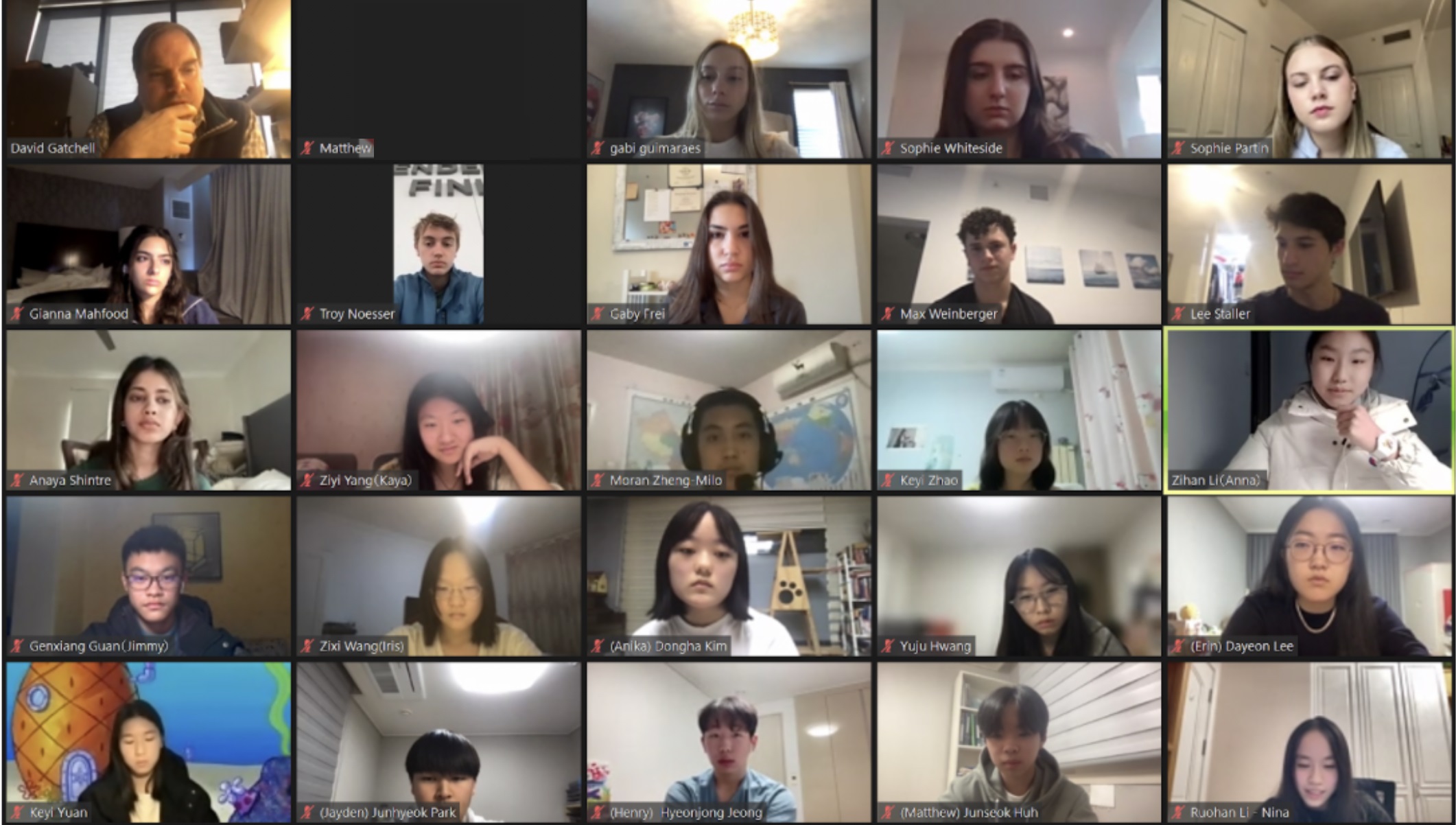
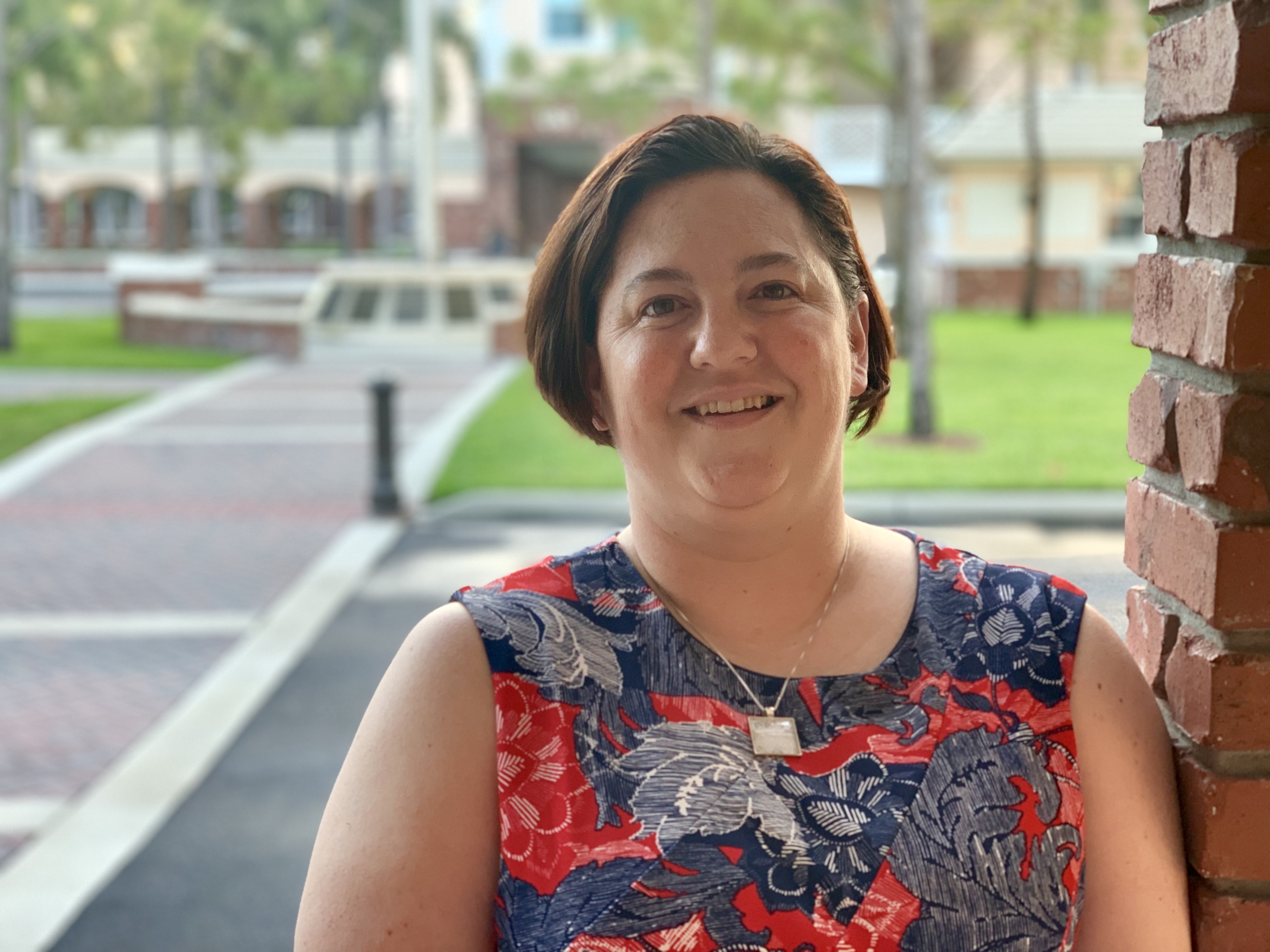
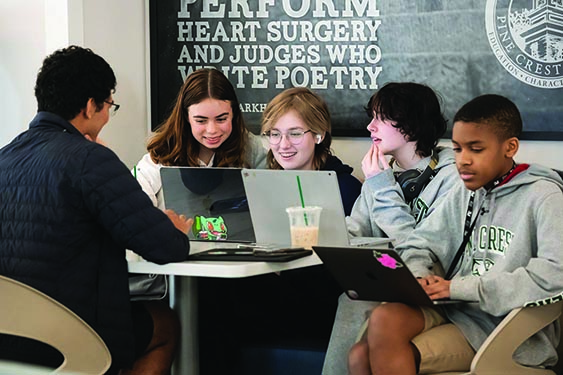
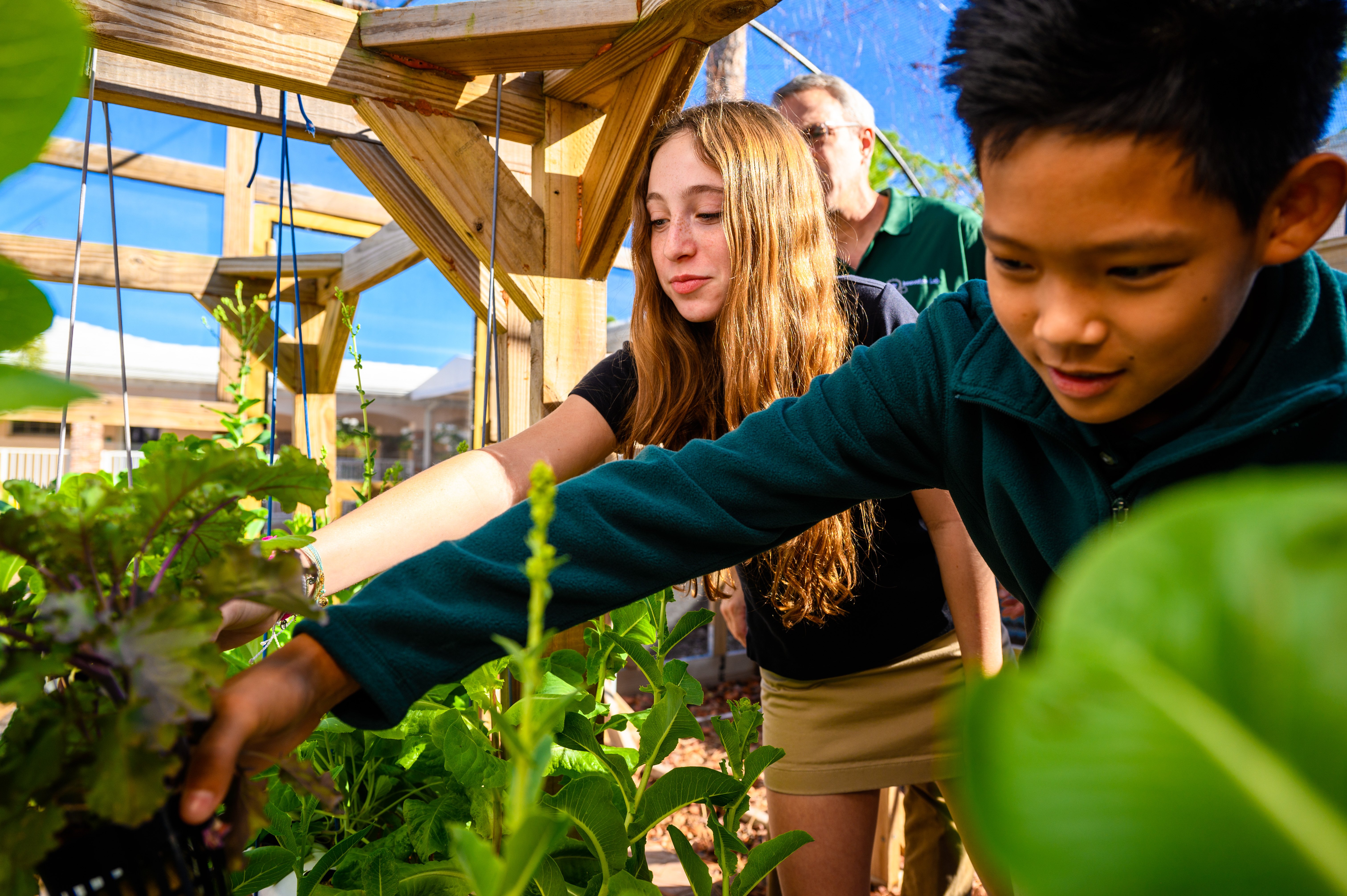
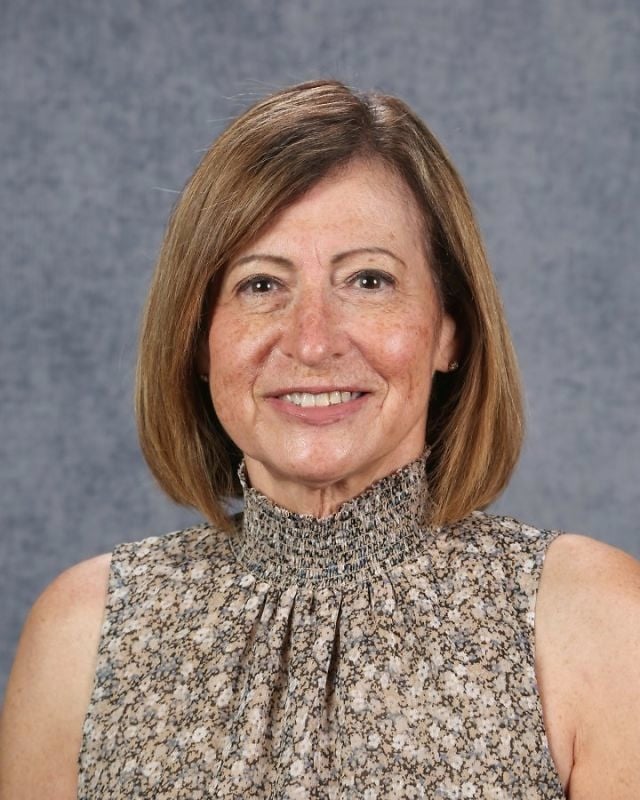
_Page_1.jpg)
